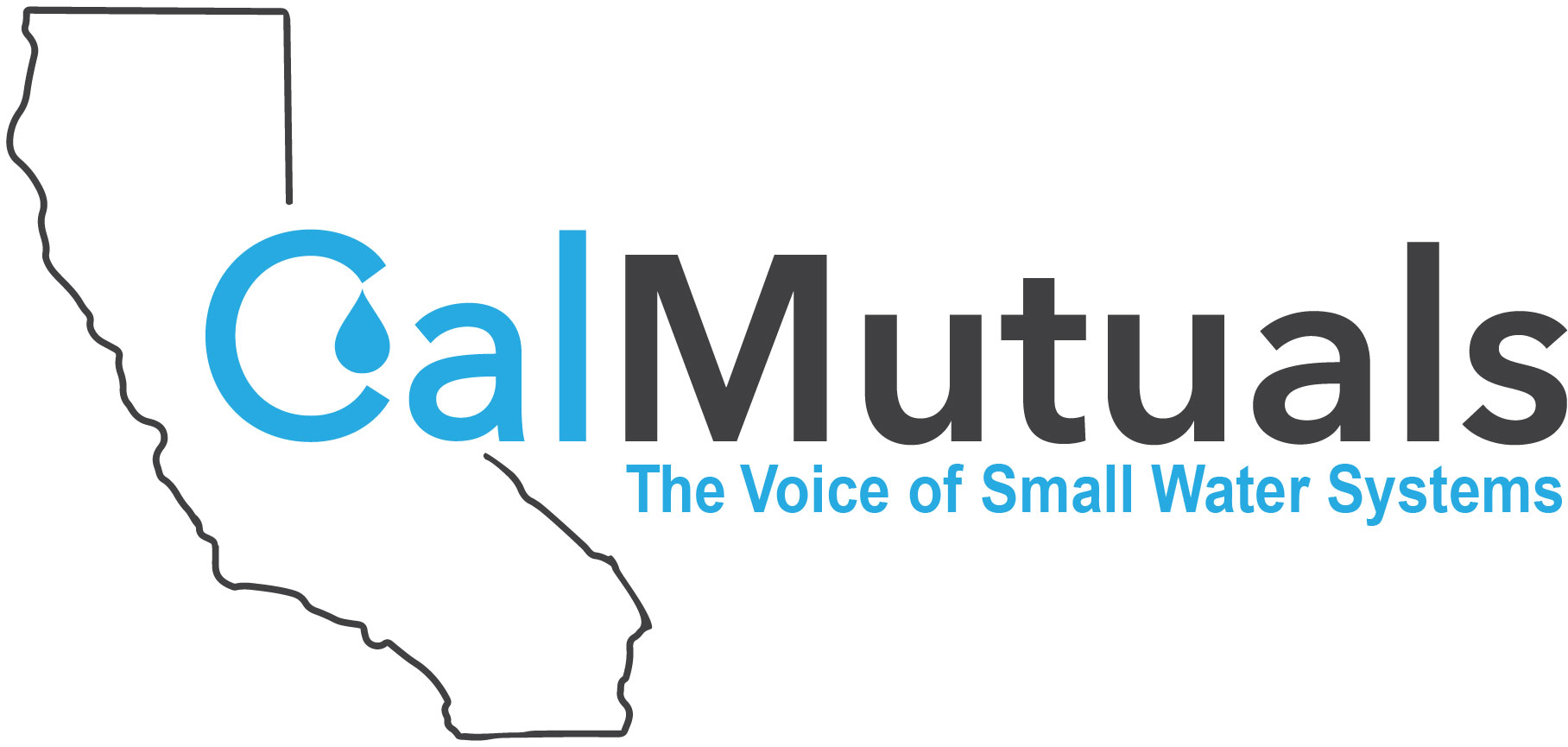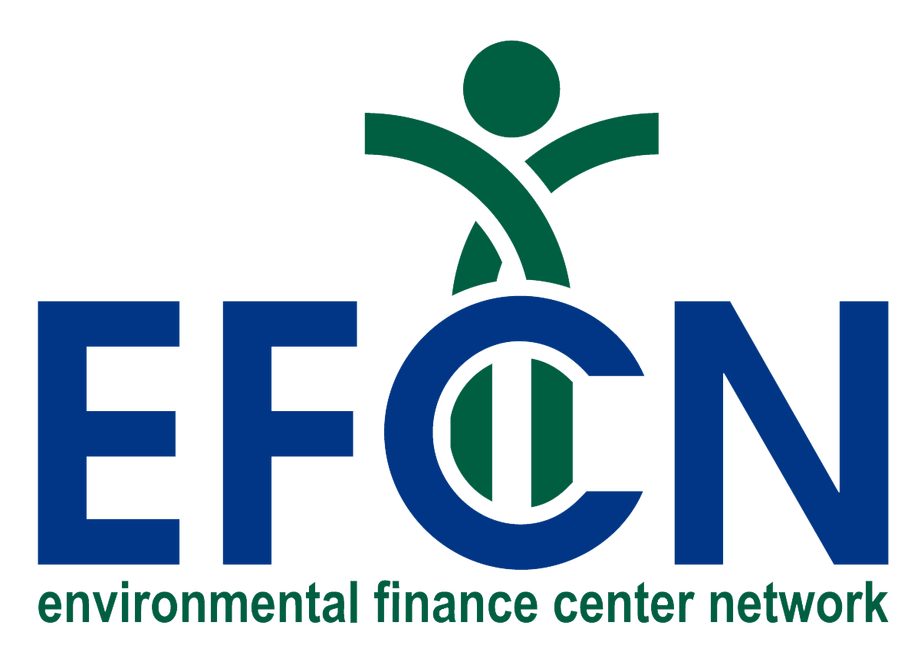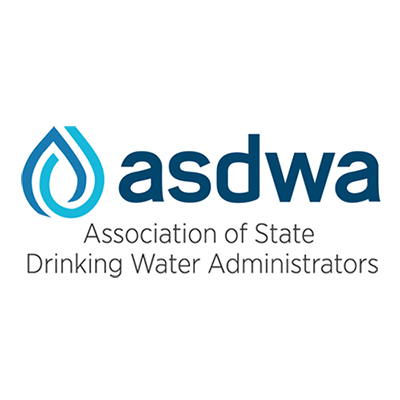CWSRF Webinar Series: Changes to the SRF With Additional Bipartisan Infrastructure Law (BIL) Funds
Webinar OnlySession 2: The Bipartisan Infrastructure Law brought a massive influx of money to the State Revolving Fund programs: $12.7 billion for Clean Water and $35.7 billion for Drinking Water. With this new money also come regulations to support communities who might previously have been unable to secure SRF funds for critical infrastructure improvements and environmental protection. In session 2 of our CWSRF webinar series, we will discuss what these changes mean, particularly for disadvantaged and low-income communities, and what these communities should expect from SRF loans and grants. Presenters: Heather Himmelberger, Director; and Shannon Pepper, Research Scientist, Southwest Environmental Finance Center Who Should Attend: Managers, owners, and operators of wastewater systems Decision-makers for wastewater utilities, including mayors, finance officers, utility managers, public works directors, city councilors, board members, tribal council members, and clerks Consultants and technical assistance providers serving wastewater systems


